-
0 Comments
How a Smart Meter Deployment Reduced Water Waste by 20%
Water waste is a significant concern for businesses and municipalities worldwide. Traditional metering systems often lack real-time tracking, leading to inefficiencies in water consumption. This case study highlights how the deployment of smart meters led to a 34% reduction in water waste, demonstrating the impact of modern technology in resource management.
Understanding the Problem
Water loss due to outdated metering systems contributes to increased costs and environmental degradation. Some of the primary challenges associated with traditional water meters include:
Inaccurate data collection, leading to miscalculated consumption rates.
Inaccurate data collection, leading to miscalculated consumption rates.
Delayed leak detection, resulting in prolonged water loss.
Studies indicate that up to 20% – 50% of water loss can be attributed to outdated infrastructure, underscoring the urgent need for improved monitoring systems.
The Solution
The implementation of smart water meters provided an advanced approach to water management by enabling real-time tracking and leak detection. Compared to traditional meters, smart meters offer several advantages:
Instantaneous detection of leaks, minimizing water waste.
Automated data collection, reducing the need for manual monitoring.
Intuitive user dashboards, allowing for more informed decision-making.
A mid-sized city that adopted smart meters experienced notable improvements:
A 34% reduction in water waste within the first year of implementation.
A 15% decrease in operational costs due to automation.
Enhanced consumer engagement throughreal-time tracking features.
Who Benefits?
The adoption of smart meters benefits multiple sectors, including:
Municipalities
Improved water conservation and infrastructure efficiency.
Businesses
Lower utility bills and enhanced sustainability measures.
Industrial Facilities
Better compliance with environmental regulations.
A facilities manager from one of the participating organizations shared, “Smart meters have enabled us to reduce water waste by nearly a quarter, significantly improving our resource management.”
The Value of This Solution
The implementation of smart meters delivers measurable benefits, including:
Cost Savings
Optimized water usage leads to lower utility expenses.
Efficiency Gains
Automated readings reduce reliance on manual monitoring.
Risk Reduction
Early leak detection prevents infrastructure damage and unnecessary water loss.
For instance, a commercial property management firm that integrated smart meters into their water infrastructure reported annual savings of $50,000 and an ROI of 13 months.
How to Implement It
Organizations seeking to implement smart metering systems can follow these steps:
Conduct an assessment of current water usage through an audit.
Select a smart metering system suited to specific needs.
Integrate the smart meters with existing infrastructure under expert guidance.
Monitor and optimize water usage with real-time analytics.
To facilitate this transition, professional consultations are available to guide organizations through the process.
Conclusion & Next Steps
Smart meters represent a transformative approach to water management, significantly reducing waste and operational costs. They offer a sustainable solution for businesses, municipalities, and industrial facilities seeking to optimize their water consumption.
For organizations interested in leveraging this technology, expert consultation services are available to assess water conservation opportunities and provide tailored implementation strategies. Contact Phoenix Water Solutions today to explore customized water efficiency solutions.
